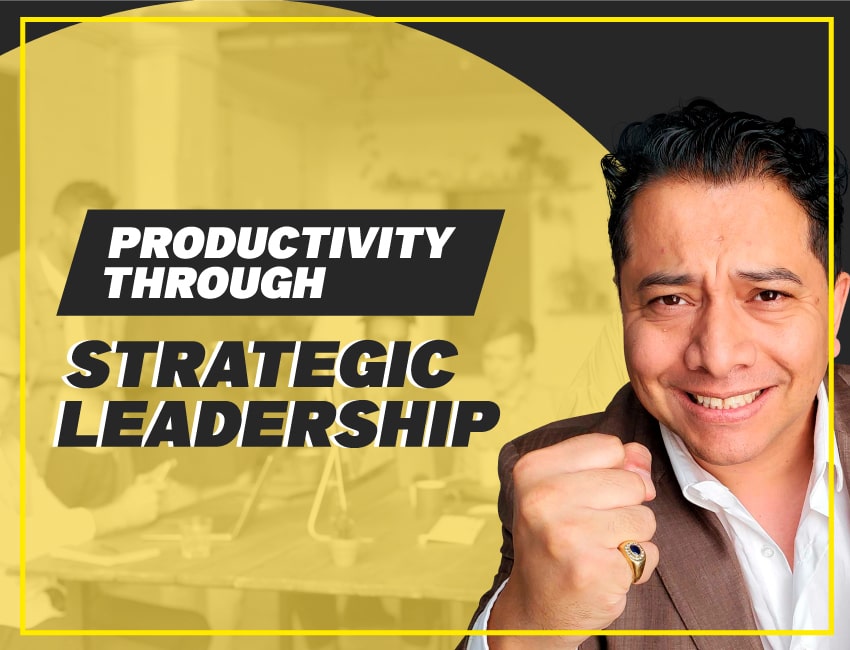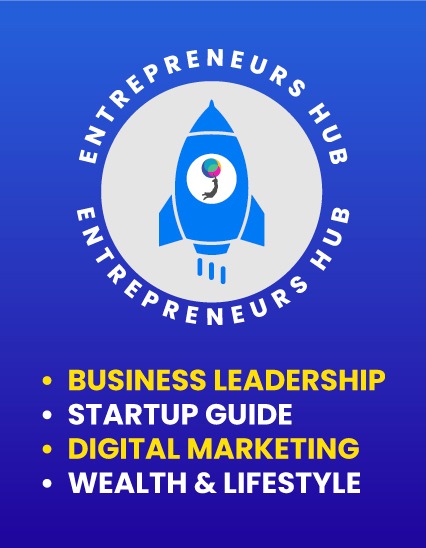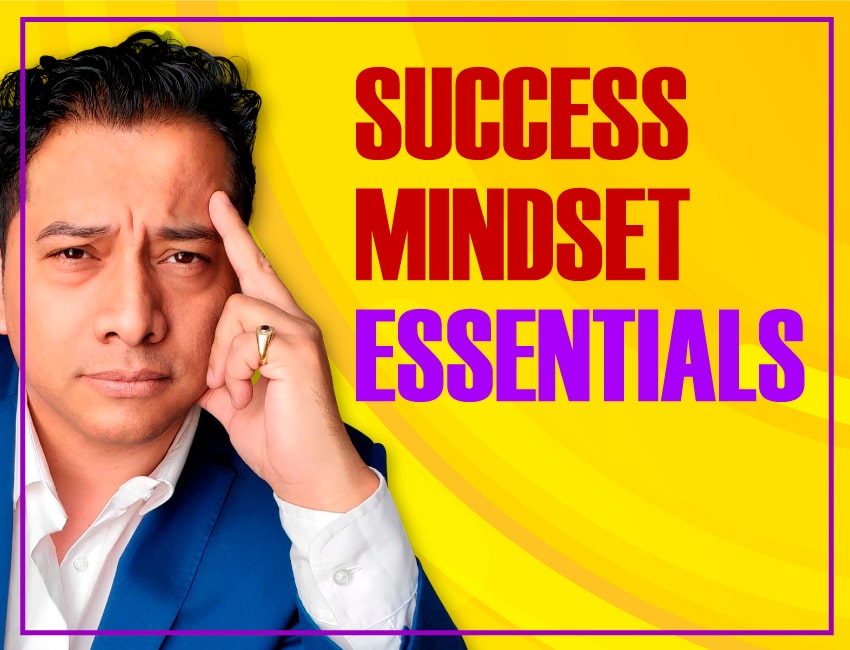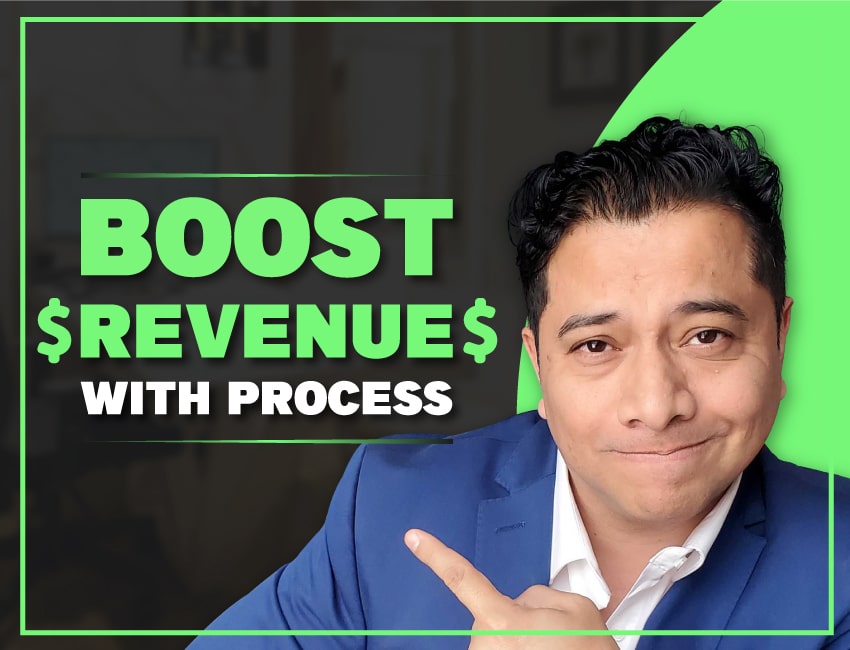Successful Tactics for Hiring Top Talent and Achieving Growth

Recruiting top talent is a common challenge that businesses face, regardless of their size and industry. Many companies struggle with the lack of effective recruitment strategies and the time-consuming process of finding the right candidates. From Fortune 500s to startups, the hiring process can be frustrating and costly.
Strategies to Recruit Passionate and Skilled Employees
As a business owner, your goal should be to build a team of dedicated employees who are not only skilled but also passionate about your company. Simply hiring for the sake of filling a position can lead to a mediocre team that lacks enthusiasm and drive. Effective recruitment strategies aim to attract top performers who will treat your business as their own, find purpose in their work, and add value to your organization. This can enhance your company culture and reputation, setting you apart from competitors.
The good news is that successful recruiting can be easy and effective. Implementing these nine proven recruitment strategies can help you hire the right people quickly and efficiently.
Various Recruitment Strategies to Consider
There are several recruitment strategies to consider, and a successful approach often involves a combination of tactics. Here are some of the most effective methods:
Referral-Based Recruitment Strategies
Happy employees are likely to recommend friends and acquaintances for job openings at your company. Encourage this by offering bonuses or rewards for successful referrals. However, the key to this approach is creating a positive work environment that motivates employees to refer people they know.
Social Media Recruitment Strategies
Social media platforms can be powerful tools for recruiting. Building a strong brand presence on social media and engaging employees in this effort can create an online community that is receptive to job postings. This can attract top talent who are active on social media and help you reach a wider pool of candidates.
Strategies for Finding Event Talent
Reaching out to the community is a great way to discover potential candidates and promote your brand. Attending job fairs, networking events and visiting university campuses can provide you with effective in-person networking opportunities.
Examples of Recruitment Strategies
If you’re searching for more specific examples of recruitment strategies, try incorporating several of these ideas into a comprehensive plan to identify and hire top performers.
Employment Recruitment as a Business Practice
Finding and hiring the right employees can be viewed as a challenge by business leaders who separate hiring from other critical aspects of the company. More pressing tasks such as increasing revenue, expanding market share, and enhancing profitability often take immediate priority. However, learning how to recruit employees is vital to the success of your business and should be considered a core business practice. When you add an employee to your team, you’re not just adding their skills – you’re also adding a unique personality with its own set of expectations. You need to ensure that they will fit in with your existing team and help to advance the performance of the business while contributing to the company culture. Failure to do so can be costly in many ways.
Darren Hardy, the author of The Entrepreneurial Rollercoaster, explains, “When you’re hiring the wrong person, you’re not only paying them, you’re paying them to burn your money, spread chaos through your company, and derail your business right off the tracks.”
Stop considering recruitment strategies as something separate from your business. Recruitment is a fundamental part of your business.
Applyng Sales Strategies to Recruitment
Employee recruitment strategies are comparable to a sales process. Consider this: Your clients and customers purchase your products or services because of the value they provide in their lives. You connect with your target audience by knowing who they are, what they need, and how they communicate. You reach out to them where they are and offer them something they can’t get elsewhere.
You can apply the same reasoning to your employee recruitment strategies. Talented candidates are looking for opportunities and experiences that your company can provide. Do you know who they are? Creating a persona for your ideal candidate, including their experience, interests, and cultural fit, can help you evaluate applicants more objectively. Are you looking for these individuals in the right places – such as conferences instead of job boards? Are you using language that appeals to the talent you seek? Are you recruiting on sites or at events that attract talented people in your industry?
You also need to ensure that you have a consistent brand. If you promote a culture of innovation and collaboration, but your website reads like a tax code, you won’t attract the talent you want.
Meet your talent halfway. You need to identify people who will contribute to your brand, but at the same time, you must present your company as a viable option for them since most employees want to work for a company that aligns with their values and goals.
Business Mastery
Effective recruitment strategies require a clear understanding of where your business is currently and where you want to take it in the future. By comprehending these two things, you can prioritize which positions need to be filled first and where you should allocate valuable hiring resources.
One of my clients is a co-founder of an early-stage online startup in the beauty industry. They’re on the verge of closing their first funding round. The company has already achieved some success, and to move the business to the next level of growth, they must rapidly increase revenue and generate more sales. With this in mind, their first two hires once the funding is secured will be in digital marketing and sales. When you understand.
Understand Your Candidates
When looking to recruit employees, it’s important to view potential candidates in two parts: skills and personality. These two aspects should be evaluated to determine whether the candidate is the right fit for your company. Firstly, ask yourself if they have the necessary skills to carry out the job. Secondly, assess if their working style aligns with the company culture. If your organization values teamwork, for example, an individual contributor who prefers to work alone may not be a good fit.
Having a clear understanding of what skills and personality traits you’re looking for is key to an effective hiring strategy. Without a clear idea of what you’re looking for, it can be difficult to identify the right candidate for the job.
Develop a Strategic Hiring Process
One common mistake companies make when recruiting employees is creating a low barrier for candidates to apply. This can result in a flood of resumes from unqualified candidates that can take up valuable time to evaluate. To avoid this, develop a hiring process with a high barrier to entry. This could involve asking for additional materials such as essays or recorded video interviews to vet potential candidates.
By implementing a strategic hiring process, you can streamline the hiring process and reduce the time spent on evaluating unqualified candidates. It’s important to remember that finding the right candidate may take time, but the benefits of an effective recruitment strategy will be worth it in the end.
Maximize The Interview Process
During the interview process, it’s important to be deliberate with the questions you ask to ensure you get the information you need. Avoid “getting to know you” questions and focus on specific, measurable examples that align with the role you’re hiring for. For example, if the role requires creative thinking, ask the candidate to provide examples of where they’ve demonstrated creativity in the past.
By asking specific questions, you can get a better understanding of the candidate’s abilities and whether they’re a good fit for the company. Additionally, keeping your company’s ultimate vision in mind during the interview process can help ensure that you’re hiring someone who shares your company’s values and goals.
In conclusion, effective employee recruitment strategies require a clear understanding of the skills and personality traits needed for the job, a strategic hiring process with a high barrier to entry, and a deliberate interview process with specific questions that align with the open role. By following these steps, you can find the right candidate for your company and set yourself up for success in the long term.



















